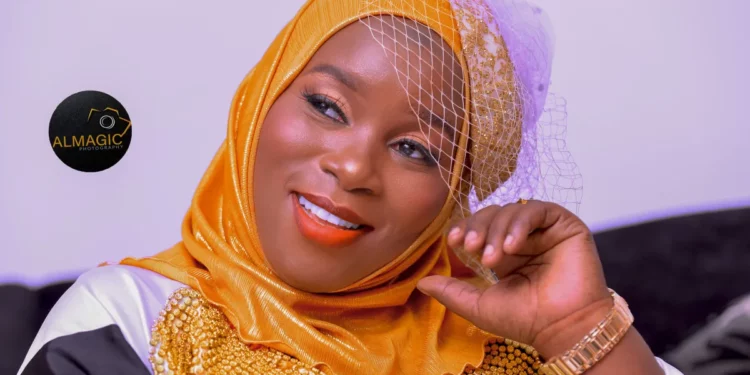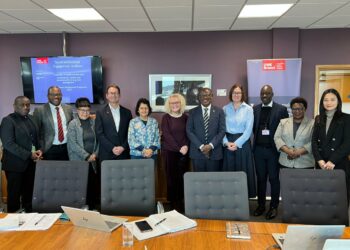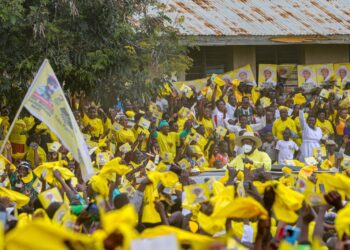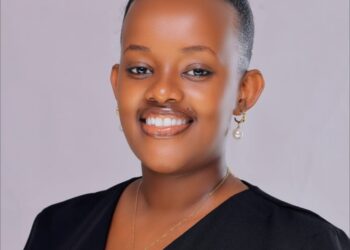Kampala, Uganda – In an unexpected political twist, celebrated Ugandan musician and public figure Hajjat Stecia Mayanja was officially unveiled as the National Peasants’ Party (NPP) presidential candidate during a lively ceremony in Kampala on Friday, July 11, 2025.
The announcement marks a pivotal moment as Uganda gears up for the 2026 general elections, set for January 12, 2026. The event, attended by party loyalists and officials, saw Mayanja holding a copy of the Quran—a gesture signaling her faith and potentially appealing to Uganda’s Muslim community.
While some observers question whether this is mere political theater, the NPP—a smaller party compared to dominant forces like the National Resistance Movement (NRM) and the Forum for Democratic Change (FDC)—appears to be banking on Mayanja’s celebrity status to boost its visibility in a crowded political arena. Since the 2005 constitutional referendum legalized multiparty politics, such strategic endorsements have grown increasingly common.
Mayanja’s candidacy reflects a wider trend of cultural figures transitioning into politics, a move that could shift voter sentiment and party dynamics. Her background as a musician and her religious identity may resonate with key demographics in a nation where faith and culture heavily influence political allegiance. The NPP’s selection of Mayanja highlights its strategy to broaden its appeal ahead of the elections, which will be overseen by Uganda’s Electoral Commission under a two-round voting system.
This development unfolds as Uganda enters a critical election season, with incumbent President Yoweri Museveni confirming his bid for another term. Amid a rapidly evolving political landscape, parties like the NPP are leveraging influential figures like Mayanja to carve out a distinct position and shape the narrative before the polls.
Do you have a story in your community or an opinion to share with us: Email us at editorial@watchdoguganda.com














